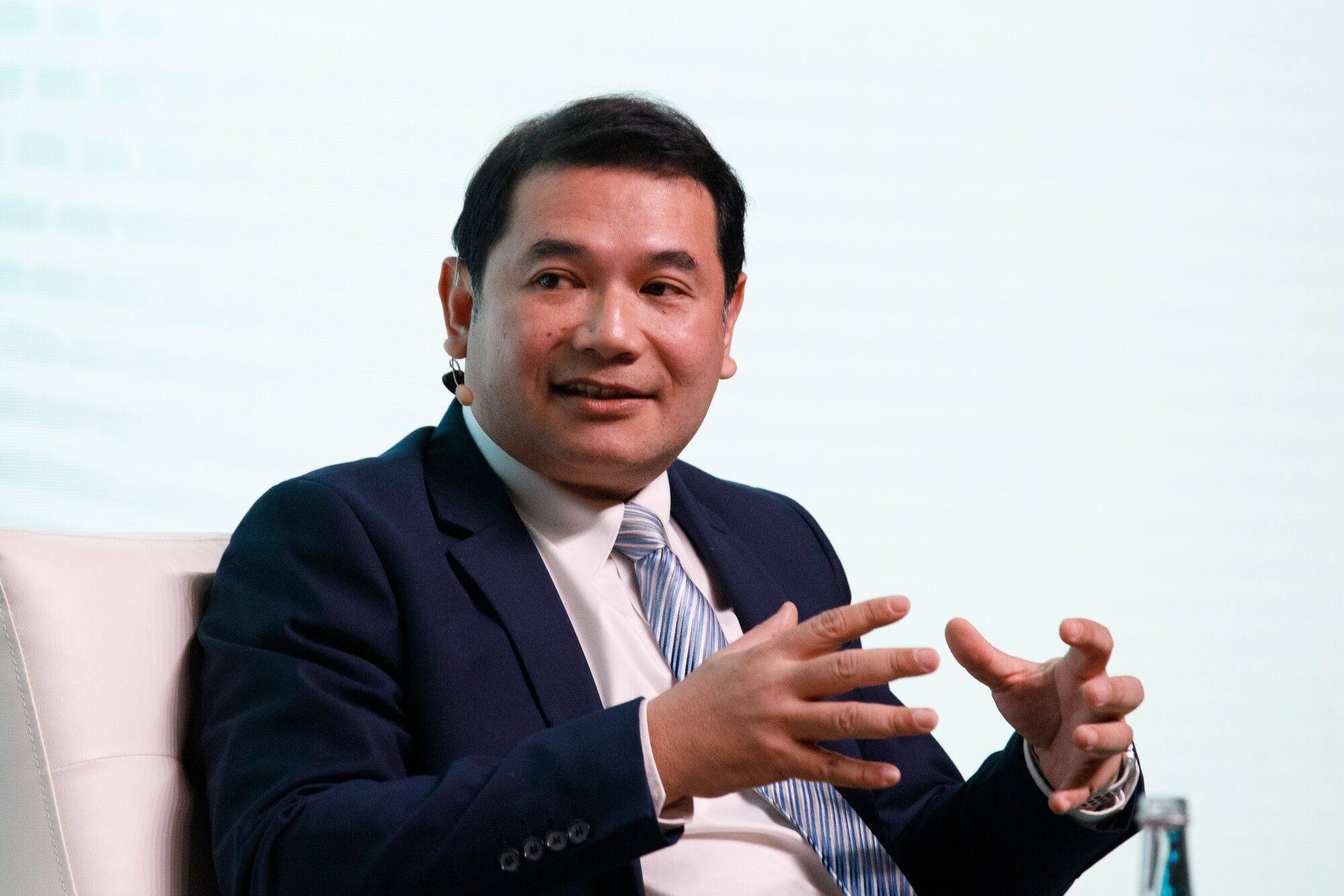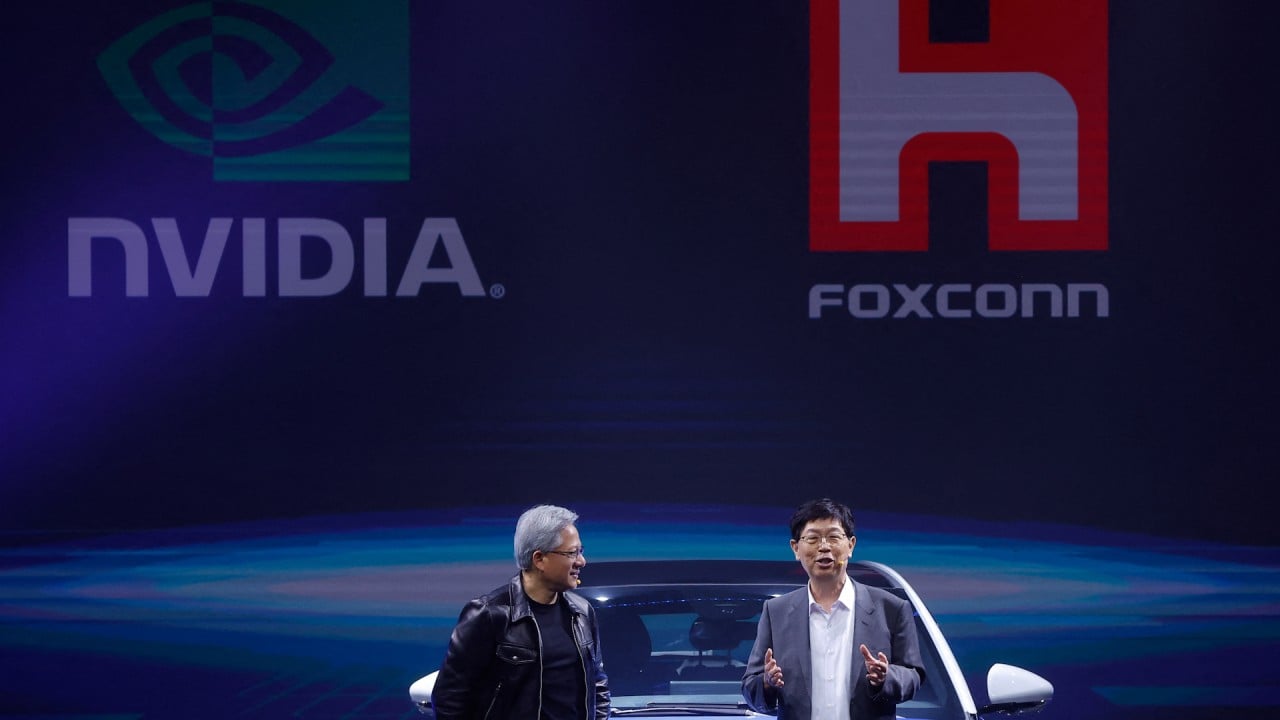Malaysia pushes AI upskilling courses to ‘future-proof’ economy: ‘data is the new oil’
At the launch at a Kuala Lumpur university, Anwar said it was important to dispel fear of new technology, and recounted his experience introducing personal computers to his rural constituents in the 1990s by showing them that it could be used to recite the Koran, and not simply as a gateway to vice as some feared.
“We don’t want to be left behind,” he said.

The starter course provides four hours of learning materials, presented in Malay, English, Mandarin and Tamil to reach most of Malaysia’s multiethnic population.
Spearheaded by the economic ministry, the course is billed as an introduction to AI and a small first step to propelling Malaysians up the employment value chain, as the nation eyes regional leadership in cloud computing, machine learning and as a gateway for global tech start-ups.
“By taking advantage of this opportunity, we are able to build a future-proof digital economy and enable Malaysia to generate higher value on the world stage,” minister Rafizi Ramli said at the launch.

Rafizi is an accountant turned politician turned technologist. In 2016, he launched ‘Invoke’, a think tank, to bring big data into political campaigning and analysis before pivoting to a commercial tech venture in 2019.
His ministry recently launched Padu, a single consolidated repository of all governmental data to get a clearer picture of the country, which was previously kept in silos under a variety of government institutions. But the platform was immediately criticised for overlooking the potential for privacy breaches.
“Data is the new oil,” Rafizi told parliament last November. “We want to see data that goes through the process of machine learning, deep learning to ultimately create a country and government that can organise, arrange and simplify policies based on data.”
Malaysia must ‘innovate’ chip sector as pie shrinks amid US-China rivalry
Malaysia must ‘innovate’ chip sector as pie shrinks amid US-China rivalry
Farah Fauzi, managing director of innovation consulting firm Opt-In Studio, said the YTL-Nvidia partnership would be a boon for local AI-based start-ups.
“[Nvidia’s] natural language processing technology will help data centre operators automate more processes, like customer service or help desk functions,” Farah told This Week in Asia.
Farah said the projected increase in tech investments in Malaysia could also spur digital transformation in other sectors such as finance, healthcare and manufacturing.
Huang said Anwar is the only prime minister “with AI in his name”, referring to Anwar’s initials.
“How can I refuse a meeting with an AI PM?” he joked.



 Casino Welcome Bonus
Casino Welcome Bonus